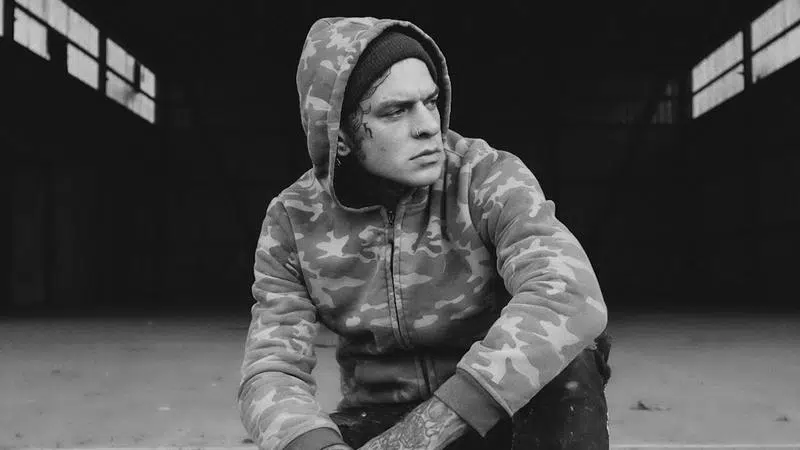
ROTHENBURGER – From death metal to hip hop – how Daz Tha Punk turned his life around
IT’S BEEN FOUR YEARS since the last time I had coffee with Daz Tha Punk.
Back then he was going by the performance name Bloodlust Abominator of Ritual War Incantations — Bloodlust Abominator for short — playing with a death-metal band called Necroholocaust.
He’s all tats and piercings, and if you don’t know him you might think it best to give him a wide berth on the street.
In fact, though, he’s immensely talented, sincere, hard-working, a bit intense, someone who marches to the beat of his own drum, literally.


